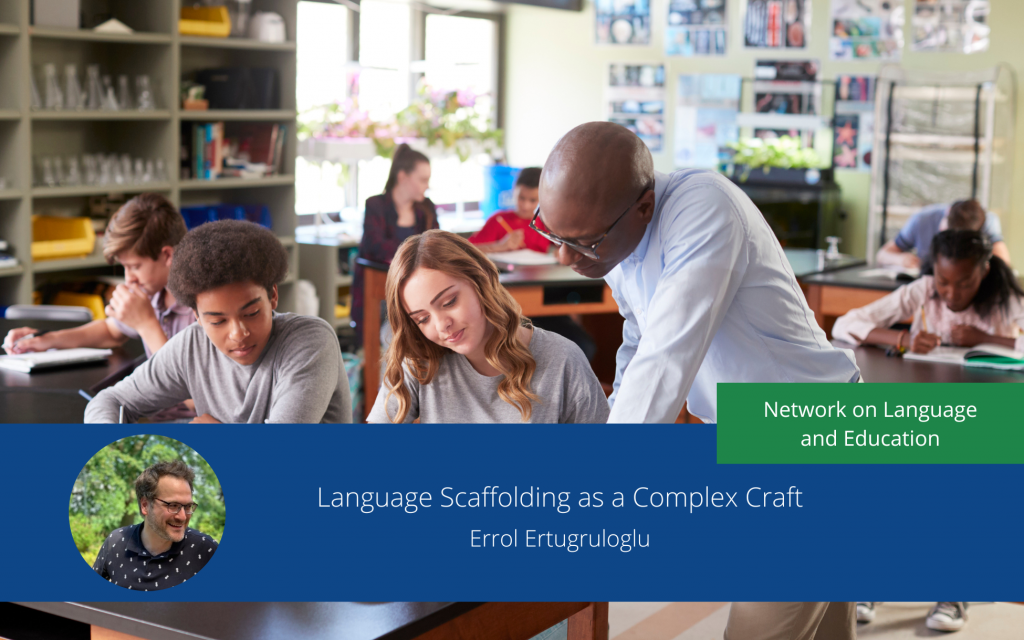Interview with Link Convenor 2019
Network Objectives
The network intends to create an international space for all educational researchers working on - or wishing to reflect upon - issues related to the reciprocal relationship between language proficiency and educational processes, settings or outcomes. The concrete role of language, language diversity and literacy skills within teaching and learning contexts will be the focus of the network.
In light of the increasing significance of language education linguistically diverse, heterogeneous contexts as a result of globalization and mobility, more and more educational systems are experiencing the need to train teachers, educators and administrators in aspects of linguistics and sociolinguistics that are relevant to educational practice. On numerous occasions, language competence and performancehave been identified as key to school success. This applies to all pupils, allochthonous as well as autochthonous. It is thus necessary to allot more attention to language and education within the European research space.
The network is an interdisciplinary endeavour and sees itself at the crossroad between educational sciences, linguistics, sociolinguistics, psychology, as well as other related disciplines. Its work transversally touches upon several educational areas, such as intercultural and inclusive education, educational policy, teacher training, general and subject-specific didactics, assessment and curriculum development.
Areas of Interest - commented key words
The network intends to cover four broad thematic areas briefly commented below:
- The role of bi-, multi-, plurilingualism,translanguaging and other indications of linguistic diversity in education – within this area, all proposals dealing with processes of language acquisition, additional language proficiency and, in general, linguistic diversity in educationalsettings, including the teaching and learning of heritage languages, are addressed. Also aspects of language policy and pedagogy relevant in language diverse contexts, as well as processes of identity construction are a topic.
- Language issues across subjects – within this topic we welcome proposals dealing with language use in all subjects, such as aspects of classroom interaction, language repertoires and subject literacy. Also the study of language/s as a part of multimodal communication is object of interest.
- Methodological aspects in language assessment or teaching / learning – the network also wishes to focus on different methodological approaches in the investigation of language proficiency, classroom communication and school outcomes.
- Data storage, data sharing, reanalysis.There is a particular interest on the use of digital media, computerized corpora and other data (e.g. video data) for the analysis of language as well as for the teaching and learning of languages.
NW 31 runs a mailing list and invites researchers to join. To join the mailing list, send a blank message to nw31-subscribe(at)lists.eera-ecer.de
